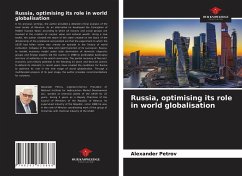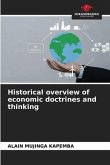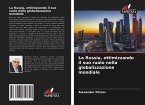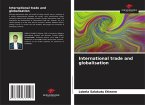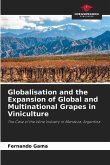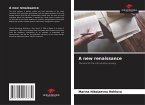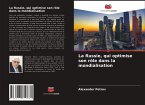In his previous writings, the author provided a detailed critical analysis of the main tenets of Marxism. As an alternative he developed the Conception of Hidden Surplus Value, according to which all classes and social groups are involved in the creation of surplus value and national wealth. Using a new toolkit, the author showed the doom of the state created on the basis of the dictatorship of the proletariat and pointed out that the experiment to which the USSR had fallen victim was merely an episode in the history of world civilisation. Collapse of the state and rapid transition of its successor, Russia, to market economy model under total domination of domestic oligarchic groups and foreign experts led the country in 1998 to predictable bankruptcy and loss of authority in the world community. The partial recovery of Russia's economic and military potential in the following 15 years and decisive actions to defend its interests in recent years have created the conditions for Russia to optimise its role in the new stage of world globalisation. Through a multifaceted analysis of its past stage, the author provides recommendations for solutions.
Bitte wählen Sie Ihr Anliegen aus.
Rechnungen
Retourenschein anfordern
Bestellstatus
Storno

